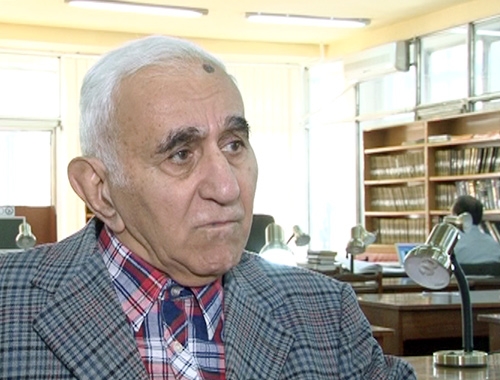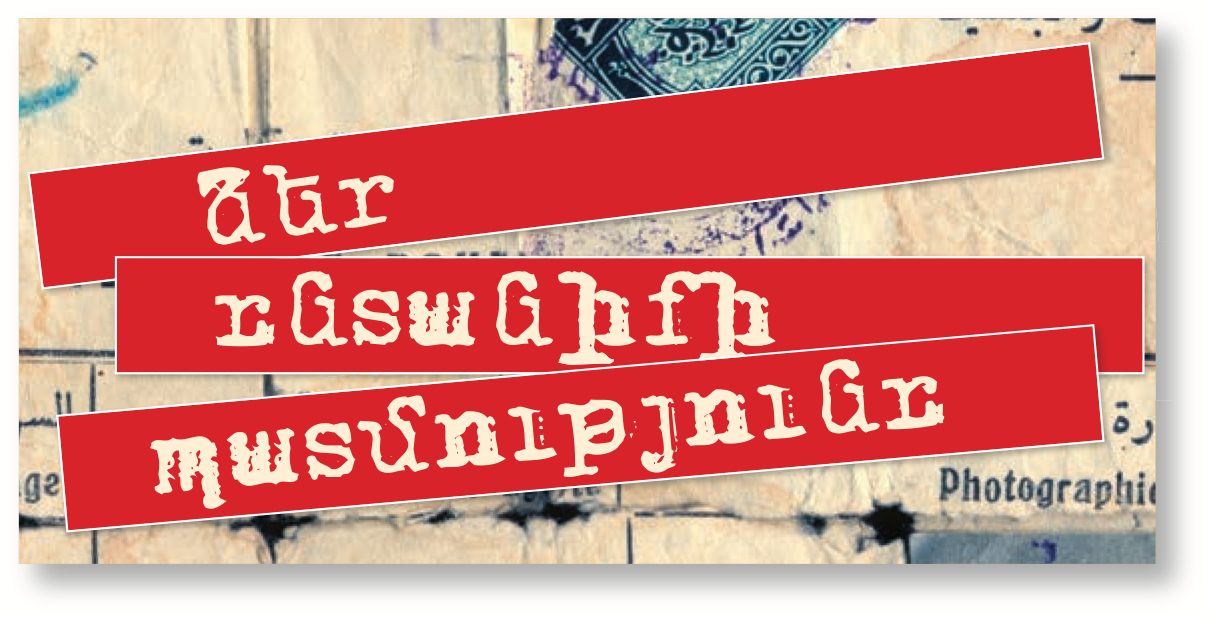 Repatriated from Romania / Currently resides in Yerevan
Repatriated from Romania / Currently resides in Yerevan
Hakob Arakelyan
I was born in Romania. I was twenty when I, along with my father and mother immigrated to Armenia. The surroundings were very different, but my father had prepared us for the move to the homeland. And we overcame all the hardships in that initial period.
Things weren’t easy in Romania. It was occupied by three countries – the Soviet Union, England and the United States. Truly, everything was easier for us in the homeland.
The actress Varduhie Varderesyan was with us on the trip. There was also Vahe Danielyan, later a PhD in chemistry and professor, and Arshavir Toramanyan, who also became a PhD. holder and professor.
We reached Yerevan on October 1, 1947. That same year, I was accepted at the French department at the foreign languages faculty at the Yerevan State Teachers’ Institute. I graduated with honors. I was given a certificate getting me accepted to pursue my education in Moscow.
I left for Moscow. I was to be accepted for post-graduate studies in Romance linguistics based on my knowledge of French, Romanian and Latin, but they told me I had to spend one year learning Russian. At the time, I only knew a few words of Russian.
My family was back in Yerevan – my parents, my wife and child. I returned to Yerevan. There was no work in my specialty. I went to a village called Alapars in the Hrazdan area; then called Akhta. I worked there two years as a German and Russian instructor. Later, I began to teach Latin at various institutes. In 1959 I passed a competition at the medical institute and became a senior Latin instructor. In 1960, I was appointed faculty director of foreign languages and Latin.
The exile? Starting in 1949, the Stalin era, they banished local and newcomers to Siberia. These were individuals, let’s say, who were discontent with conditions. It was a reason they were exiled. They returned in 1955. They all returned. There were relatives on my mother’s side who were exiled. They all returned.
Personally, the transition from a repatriated to a local wasn’t that awful. Perhaps, it was because my wife was a local and so was my circle of friends. I was able to integrate into this environment; at the institute and later work, etc.
There were those who repatriated and left the homeland as they had arrived. I think it was due to material conditions, just like the locals left.
It seems to me that I did the right thing by not leaving. Because the grandchild of the person leaving for overseas is no longer an Armenian there. Here, I raised a family. I have grandchildren and great-grandchildren who were born on Armenian soil and have remained Armenian.



















